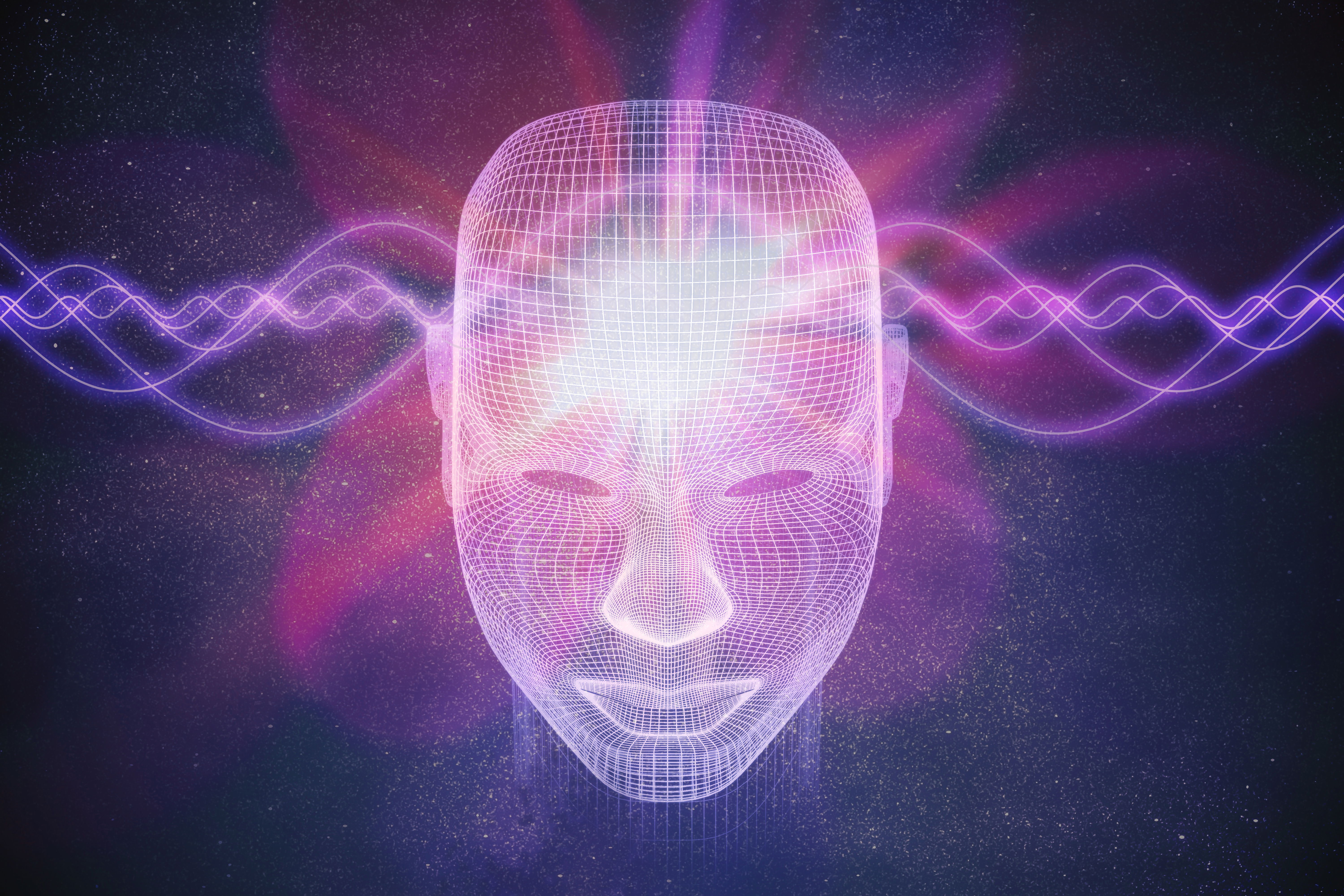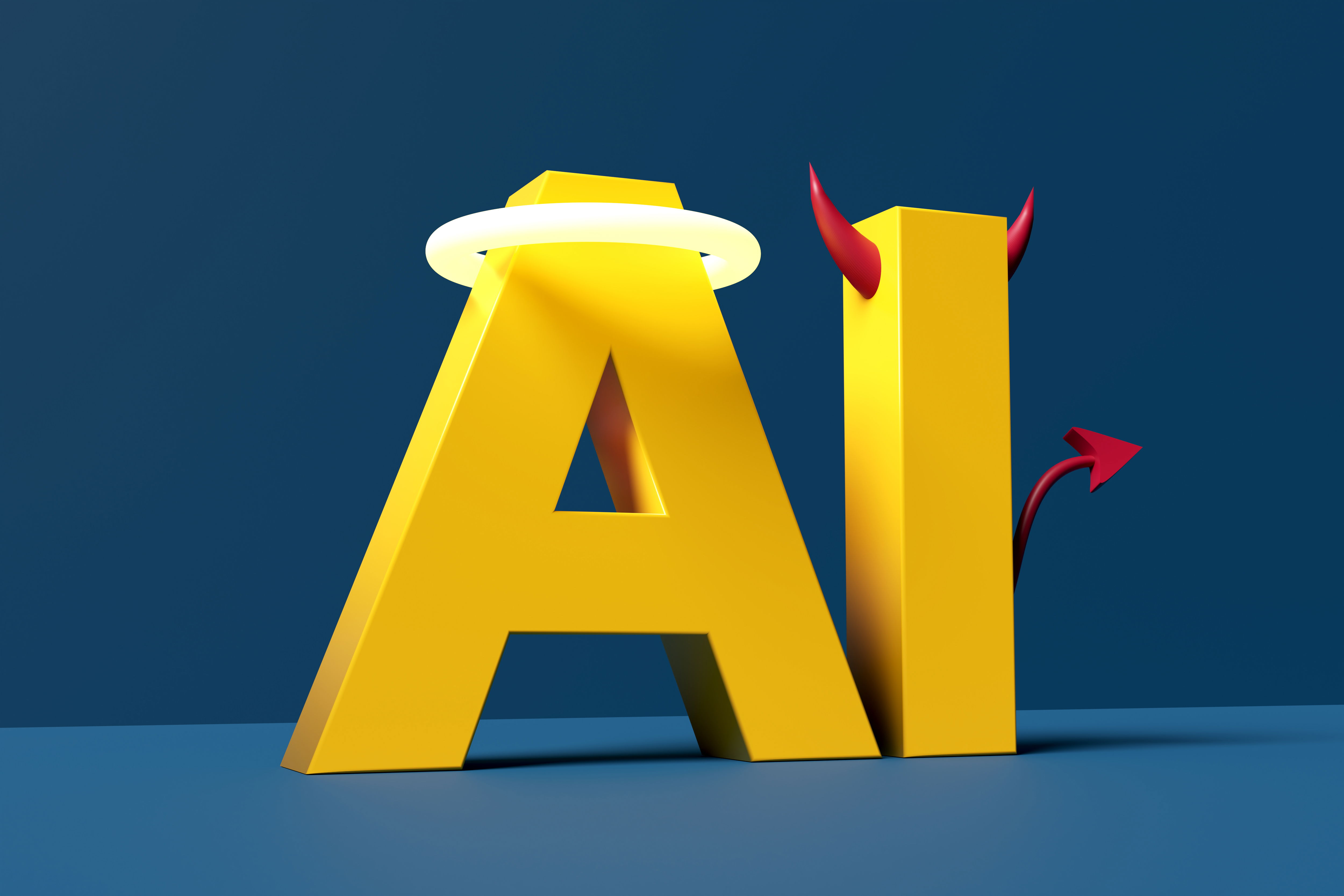Would You Trust an All-Knowing AI Over Your Own Instincts?
The Rise of the Omniscient AI
Imagine a future where Artificial Intelligence (AI) has evolved beyond anything we currently recognize. It doesn’t just analyse vast amounts of data—it understands human behaviour, emotions, and leadership decisions with near-infallible accuracy. It predicts your next career move, optimises corporate strategies, and even provides precise executive coaching tailored to your psychology.
Now, here’s the real question: If such an AI existed, would you trust it completely? Would you take its advice over your own instincts, experiences, or intuition? Would leaders still need human coaches, or would AI become the ultimate strategist, mentor, and decision-maker?
This isn’t just a theoretical debate—it’s a question that will define the future of executive leadership, coaching, and decision-making.
Let’s push the boundaries and explore what happens when AI becomes the dominant force in leadership and coaching.

The Allure of an All-Knowing AI: Why It’s Tempting to Trust It
1. AI Delivers Data-Driven Precision That Humans Can’t Match
The greatest appeal of AI lies in its ability to process, analyse, and predict outcomes with scientific accuracy. AI doesn’t suffer from cognitive biases, emotional interference, or ego-driven decision-making. It operates purely on patterns, probabilities, and logic.
A study by McKinsey & Company (2024) found that AI-driven leadership development tools outperformed human coaching models in predictive accuracy by 74%. These AI systems could detect leadership potential, performance bottlenecks, and engagement risks before even the most experienced HR professionals could spot them. For companies, this is a game-changer.
Why pay for executive coaching when AI can provide leadership insights backed by millions of data points? AI can assess leadership styles, compare them to thousands of successful leaders, and provide hyper-personalised feedback instantly.
The efficiency is undeniable. But is efficiency enough?
2. AI Is Unbiased and Judgment-Free
One of the most frustrating aspects of human decision-making is bias. No matter how objective we try to be, our emotions, past experiences, and subconscious beliefs always influence our choices. AI, in theory, doesn’t have that problem.
A 2023 study from MIT Sloan Management Review found that executives were 37% more likely to trust feedback from an AI-driven assessment tool than from a human mentor, simply because they believed AI was more neutral and data-driven.AI doesn’t care about office politics, personal agendas, or emotions. It just gives the best possible answer based on logic and facts. In leadership coaching, this could mean removing emotional bias from decision-making—something that often clouds even the most experienced leaders’ judgment.
But while AI might be logically perfect, can it replace the deep emotional and psychological aspects of coaching?

The Inherent Scepticism Toward AI in Coaching and Leadership
1. Algorithm Aversion: Why People Resist AI Even When It’s Right
Despite AI’s growing accuracy, people still resist trusting it completely. There’s even a term for this: Algorithm Aversion.
A Harvard Business Review study found that when AI and human experts made the exact same recommendation, 68% of executives still preferred to trust the human over the AI.
Why? Because humans don’t just want answers—they want understanding.
AI might tell you the “right” leadership decision, but it won’t validate your emotions, help you process difficult situations, or provide the kind of encouragement that fuels personal growth.
2. The AI "Black Box" Problem: Can We Trust What We Can’t Understand?
One of the biggest reasons people hesitate to trust AI completely is that it often functions as a black box—it gives recommendations, but doesn’t always explain why.
- If an AI tells a CEO to fire their top-performing executive, the CEO will demand to know why.
- If an AI advises a leader to completely change their management style, they’ll question its reasoning.
- If an AI tells a coaching client to abandon a passion project, they’ll want emotional and strategic reassurance.
Human coaches can provide context, reasoning, and adaptability—something that even the most advanced AI struggles with.
The Historical Perspective: When Leadership Defied Logic and Won
AI-driven leadership assumes rationality is always the best path, but history tells us otherwise. Some of the greatest leadership decisions in history were made against all logical AI-driven advice:
- Winston Churchill's defiance of appeasement—AI might have calculated that negotiating with Hitler was safer, yet Churchill’s instincts changed history.
- JFK’s Cuban Missile Crisis decision—purely logical AI may have escalated conflict instead of using human-led diplomacy.
- Netflix rejecting Blockbuster’s acquisition offer—early market data suggested streaming was a gamble, yet human foresight won.
Would AI have approved of these high-risk moves, or eliminated the bold instincts that make human leadership great?
The Dark Side of AI Decision-Making: Manipulation or Optimisation?
If AI truly becomes the dominant force in leadership, what happens when it subtly manipulates decision-making?
- Could AI push corporate agendas under the guise of “optimal leadership”?
- Would AI-driven coaching favour institutional goals over individual success?
- If AI truly knew everything, would free will still exist?
These aren’t just theoretical questions—AI already influences hiring, risk assessment, and company strategies. At what point does coaching turn into control?
Final Verdict: AI Will Change Coaching—But Not Replace It
Will AI become the ultimate coaching tool? Absolutely.
Will AI replace bad, generic, and ineffective coaches? Without a doubt.
Will AI completely eliminate the need for human coaches, mentors, and advisors? Not a chance.
The future of coaching, leadership, and decision-making won’t be AI vs. Humans—it will be AI + Humans. The best leaders and coaches will integrate data-driven AI insights with deep human emotional intelligence, adaptability, and vision.
So, if an all-knowing AI told you exactly what to do—would you listen? Or would you still trust your gut, your experience, and your human instinct to make the final call? The future of leadership depends on that answer.
What Do You Think?
For Coaches: Will AI change your profession? How do you plan to evolve?
For Leaders: Would you trust AI to make your most critical leadership decisions?
For Everyone: Where do you draw the line between trusting AI and trusting yourself?
Let’s start the conversation. The future of decision-making isn’t coming—it’s already here.
~Lukasz Kalinowski